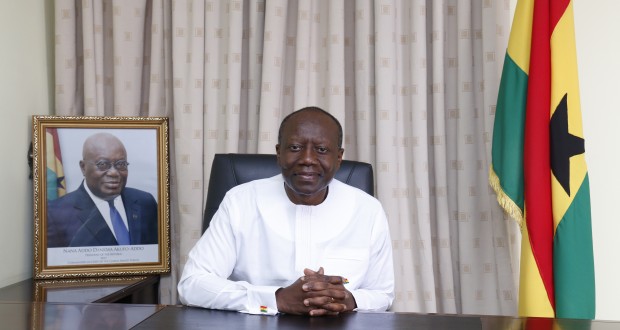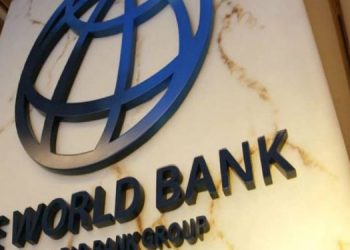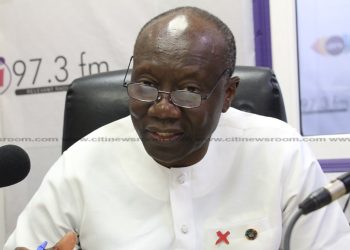On Tuesday, Ghana became the first-ever country on the African continent to issue a 41-year bond, as the West African country successfully raised US$3 billion in the international debt capital markets.
The capital markets reaffirmed their increasing confidence in the Ghanaian economy when the West African country’s 2020 international bond issuance resulted in an order book five times the amount required on Tuesday, 4 February 2020.
This bond issuance comes two weeks after international ratings agency Moody’s gave a resounding vote of confidence in the country’s economy with a positive outlook.
Following a three-day roadshow in a series of fixed-income investor meetings in New York, Boston and in London, Ghana issued a second tri-tranche Eurobond transaction under its International Capital Markets Programme.
The transaction comprised US$1.25 billion 6-year Weighted Average Life (WAL), US$1 billion 14-year WAL and US$750 million 41-year WAL priced at a coupon rate of 6.375%, 7.875% and 8.750% respectively.
Stellar macroeconomic fundamentals
International investors expressed interest in Ghana’s macroeconomic fundamentals following a stellar economic performance, three years after a 2016 economic decline dented the country’s outlook. Growth rebounded strongly from 3.4% in 2016 to 8.1% in 2017 before moderating to 6.3% in 2018.
It may be recalled that in 2016, Ghana issued a six-year Eurobond at 9.250% compared to Tuesday’s six-year bond at 6.375% – a staggering 288 basis points improvement.
Three years after the country’s current economic managers assumed the helm of affairs, their prudent management of the economy has attracted positive reviews from the international community.
In May 2017, Fitch affirmed the country’s rating at B and revised the outlook to stable, while S&P in October 2018 upgraded the country’s rating from B- to B with a stable outlook. Moody’s in January 2020 revised the country’s outlook from stable to positive.
Growth has averaged 7% from 2017 and inflation, on the other hand, fell from 15.4% in December 2016 to 7.9% (new series) in December 2019, the lowest rate in recent times.
The Ghanaian Cedi, which has remained relatively stable against the country’s major trading currencies since 2017, appreciated in January 2020 against the US Dollar.
Ghana has institutionalised a number of structural reforms, including a Fiscal Responsibility Act, which caps the annual fiscal deficit at 5% of GDP, to ensure sustainability and the irreversibility of the country’s recent macroeconomic gains.
Order book five times amount required
Despite concerns over the coronavirus and its potentially adverse impact on market conditions for Emerging Markets credits in general, a diverse investor base, largely from Europe and US, supported Tuesday’s issuance. This translated into a peak order book, in excess of US$15 billion (five times the amount required).
Despite 2020 being an election year, the sterling investor confidence in the country has been demonstrated by the competitive rate of 8.75% at which the 41-year WAL tranche, the longest-ever tenor bond issued by an African issuer, was issued compared to a rate of 8.95% 31-year bond issued in 2019.
The use of proceeds for the bonds is to support Ghana’s budget for infrastructure, restructuring of the energy and financial services sectors, and a liability management exercise.















